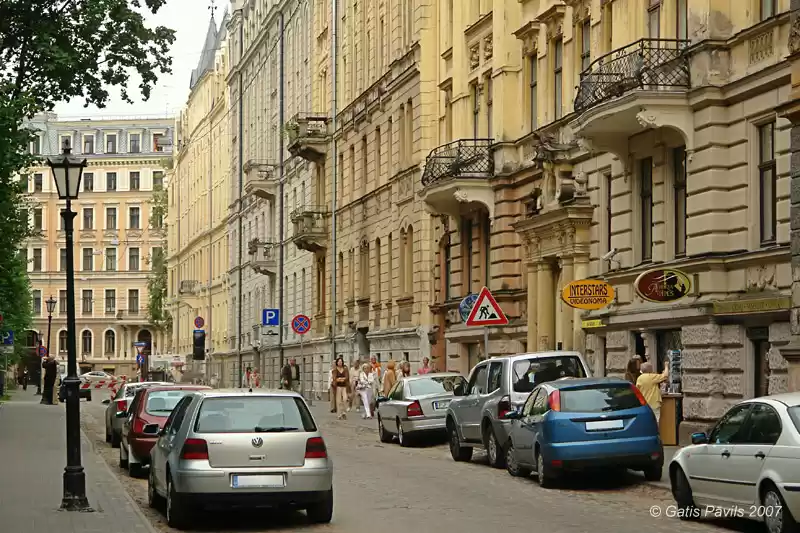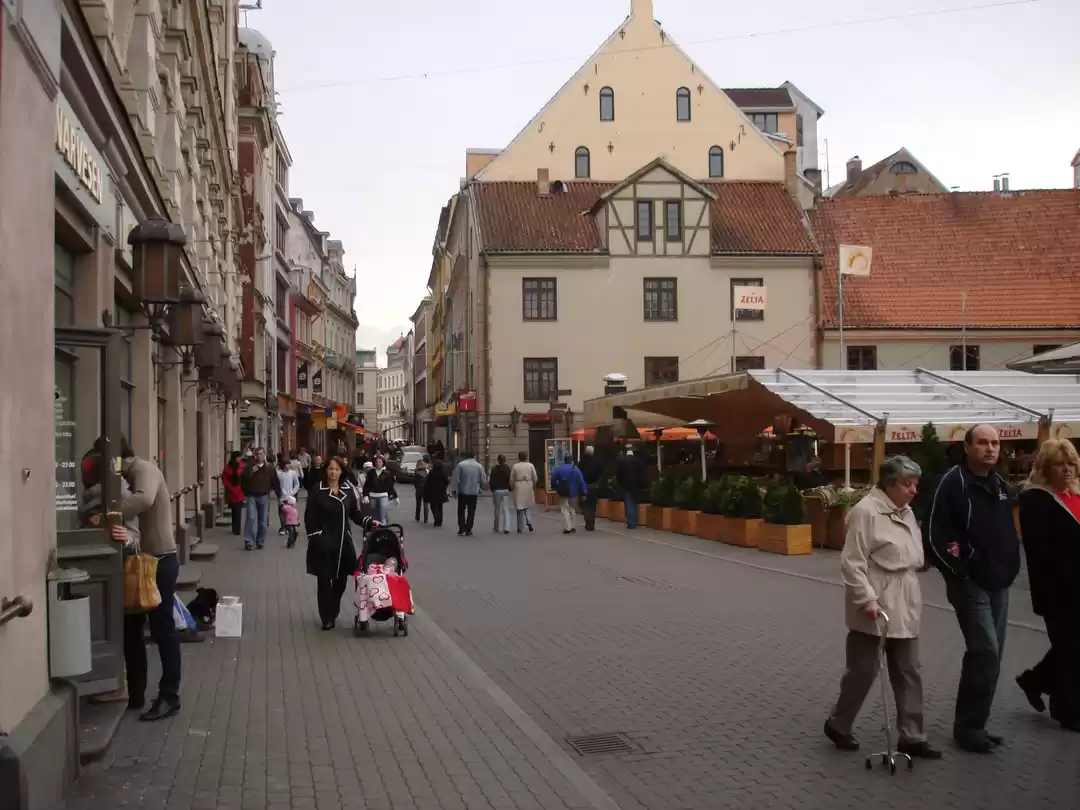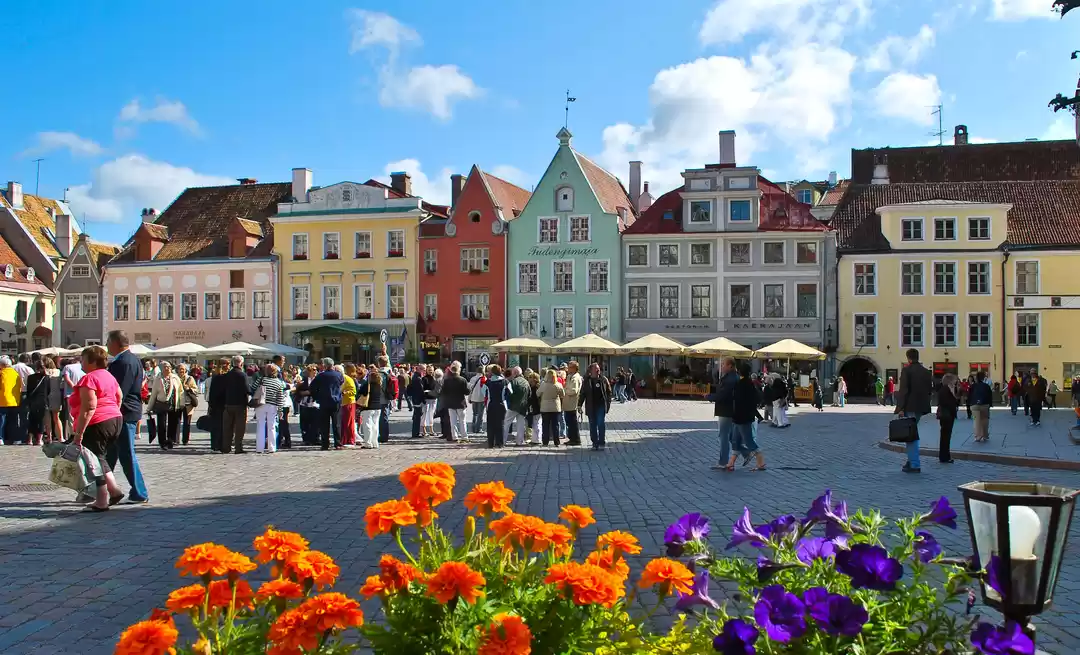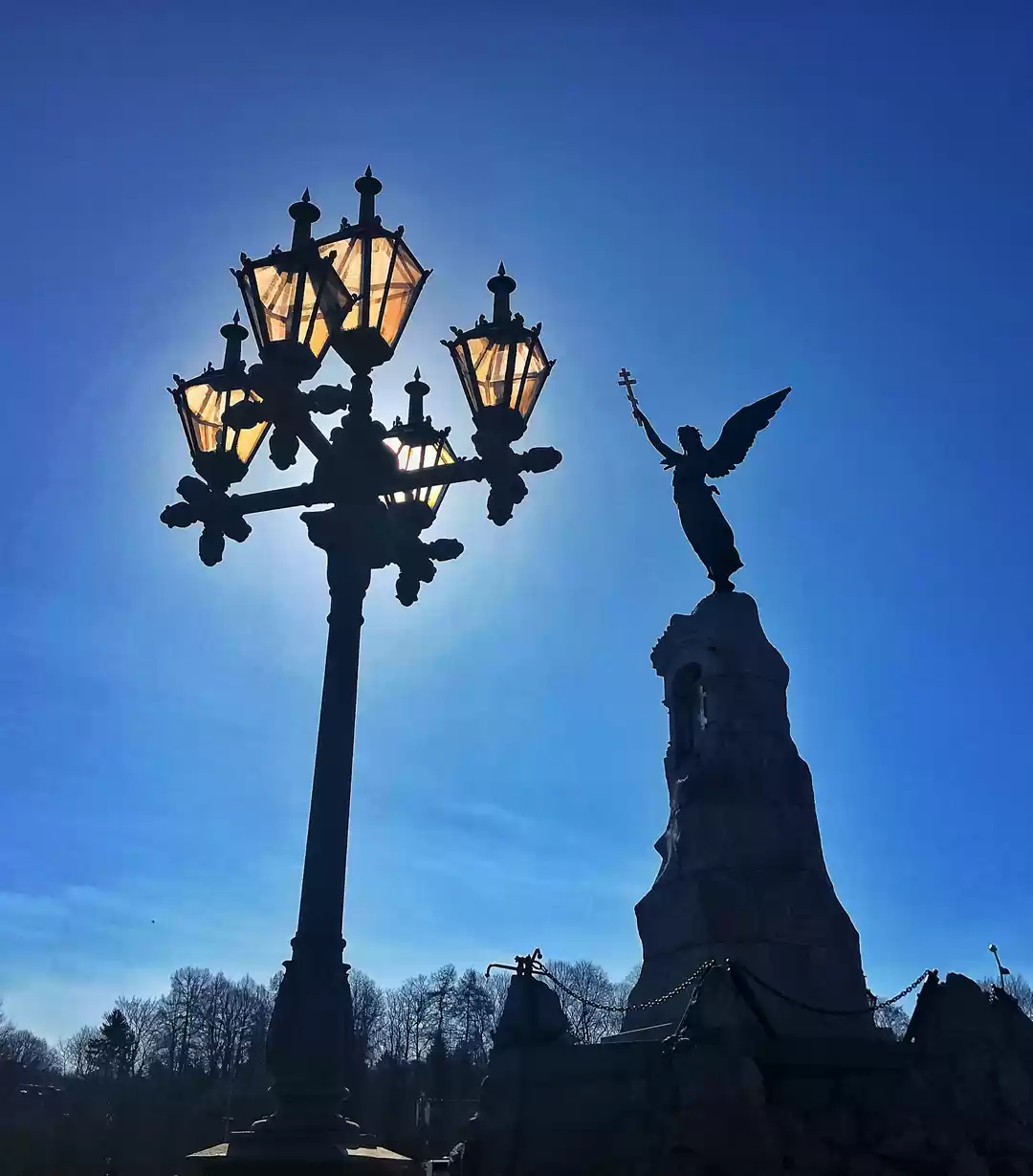Riga Tourism and Travel Guide
Riga (/ˈriːɡə/; Latvian: Rīga, pronounced [ˈriːɡa]) is the capital and the largest city of Latvia. With 641,007 inhabitants (July 2015), Riga is the largest city of the Baltic states and home to more than one third of Latvia's population. The city lies on the Gulf of Riga, at the mouth of the Daugava. Riga's territory covers 307.17 km2 (118.60 sq mi) and lies between 1 and 10 metres (3.3 and 32.8 ft) above sea level, on a flat and sandy plain. Riga was founded in 1201 and is a former Hanseatic League member. Riga's historical centre is a UNESCO World Heritage Site, noted for its Art Nouveau/Jugendstil architecture and 19th century wooden architecture. Riga was the European Capital of Culture during 2014, along with Umeå in Sweden. Riga hosted the 2006 NATO Summit, the Eurovision Song Contest 2003, and the 2006 IIHF Men's World Ice Hockey Championships. It is home to the European Union's office of European Regulators for Electronic Communications (BEREC). Riga is served by Riga International Airport, the largest airport in the Baltic states. Riga is a member of Eurocities, the Union of the Baltic Cities (UBC) and Union of Capitals of the European Union (UCEU).















